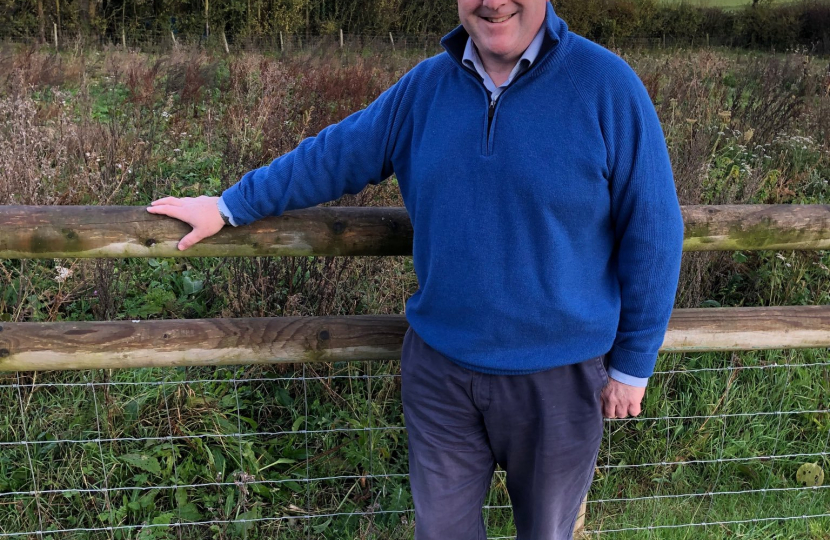
“The problem with the UK is we don’t make anything anymore”. This is often said by people as a truth and it has somehow become something of a norm to say. Data published this week by Make UK has confirmed the total contrary. The UK is now the world’s 8th largest manufacturing economy. To put that into some sort of context: our UK manufacturing sector employs 2.6million people and has an annual output of £224 billion. If we turn to our important financial services, anchored by the City of London, but very much evident across the whole of the UK, it employs 2.5million people and generated funds worth more than £278 billion in 22/23 and is estimated to be 12% of the economy. Recent Office of National Statistics figures show that the economy grew the third fastest within the G7 behind the US and Canada but leading Italy, France and Germany. Or in other terms, the UK economy is 0.6% larger than pre-Covid levels. So the news is encouraging. As the dragon of inflation is cowed, pressure on interest rates is easing. That is good news for all and points to an encouraging future for us all. The Government is committed to grow all sectors of the economy but we will see, I am certain growth in clean energy and the life sciences. The latter, among other sectors, was given a terrific boost as we rejoined the EU’s Horizon scheme. This supports collaboration between researchers and universities and pulls together expertise and cutting-edge innovation. The former was certainly assisted as the Energy Bill concluded its Commons’ stages. This is a key piece of Government legislation, part of the complex regulatory and statutory response to the Climate Emergency. Regular readers know of my commitment to this issue. I was asked recently at a local meeting whether, with the cost-of-living pressures, we could afford to continue decarbonising our energy and industrial sector. My reply was clear: I understand the pressures on family budgets but, as referenced above, the twin battles with high inflation and rising interest rates look to being won, that increases in wages would therefore start to feel more meaningful – in short that the cost-of-living issue was a temporary one. Climate Change is not temporary. It will only get worse unless we do more. My answer to my interrogator was that we, as a planet and a species, simply can’t afford to do nothing when it comes to Climate Change or only do things when the inflation etc is low. If we are to survive, we have no choice. And it’s a false comparison to say – it’s either a growing economy or tackling Climate Change. The jobs and products of the near future are all going to be predicated on low carbon and renewables. It is the trajectory of the international economy. No one is investing in R&D to make the petrol motor faster, efforts are concentrated on making electric vehicles travel further, planes to fly greener and homes and businesses to be more energy efficient. And from that growth comes to noble aims – a cleaner greener environment AND a growing, innovation leading economy. That growth then delivers the tax £ for wages, defence and our social services. That is, as begun at the top of this article, good news for all of us across North Dorset.
Unrelated directly to the above, I share the concerns of all parents and teachers relating to the issues of RAAC in our schools. While Government and Councils across the country are working at pace to resolve the issue and I know this from speaking directly to the Minister leading the cross-Government response, the good news, as confirmed to me by Dorset Council, is that there are no schools in our area with a concrete issue.
